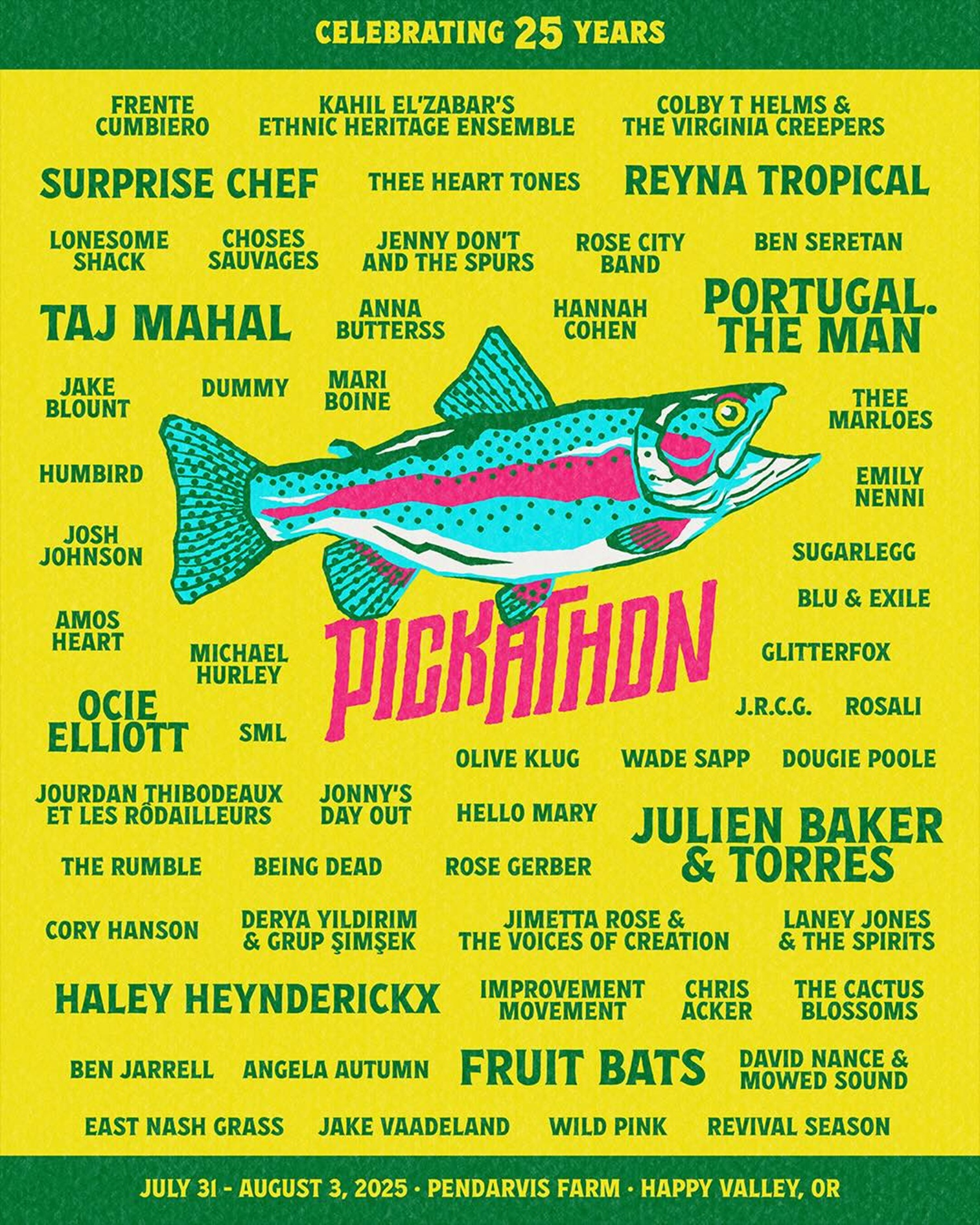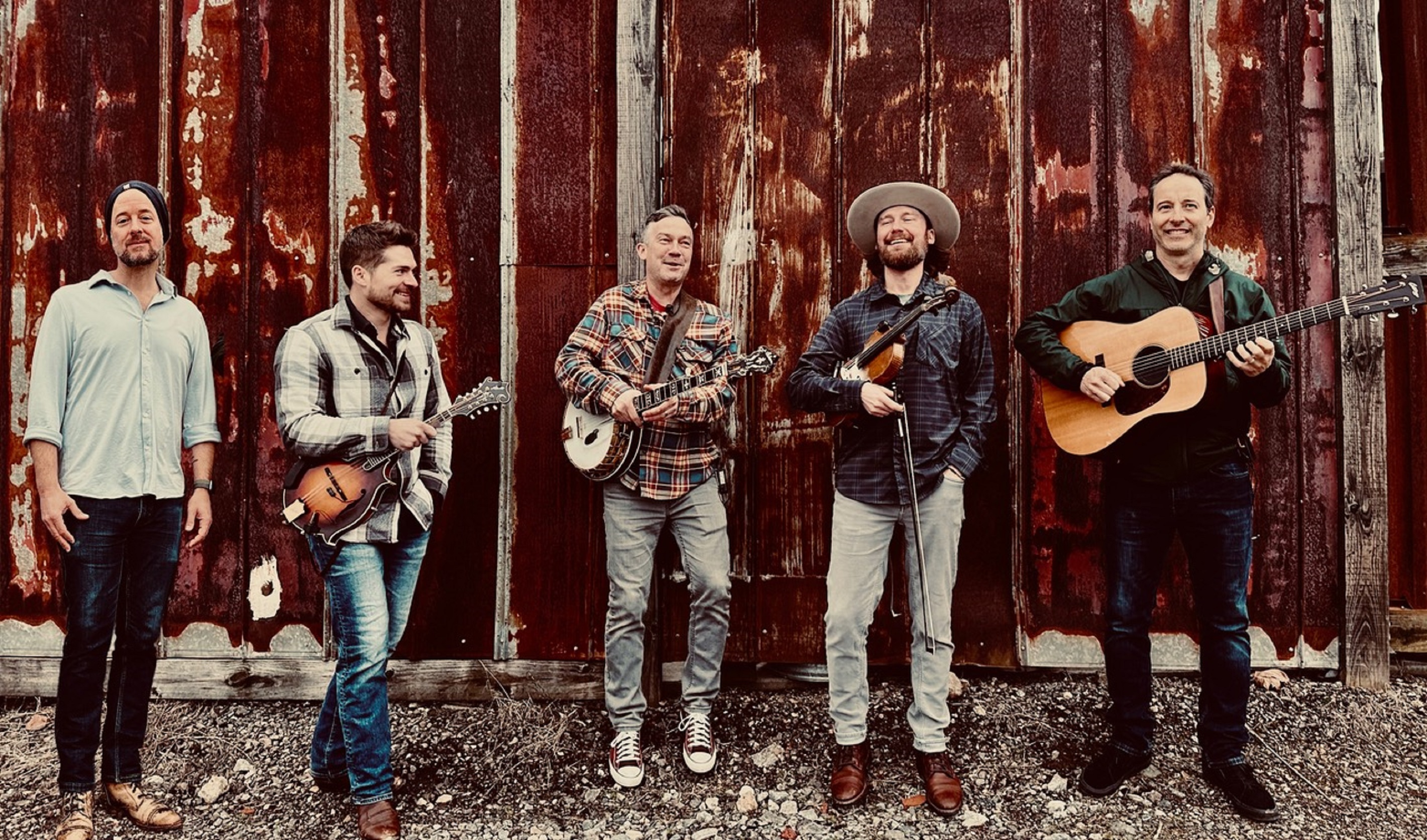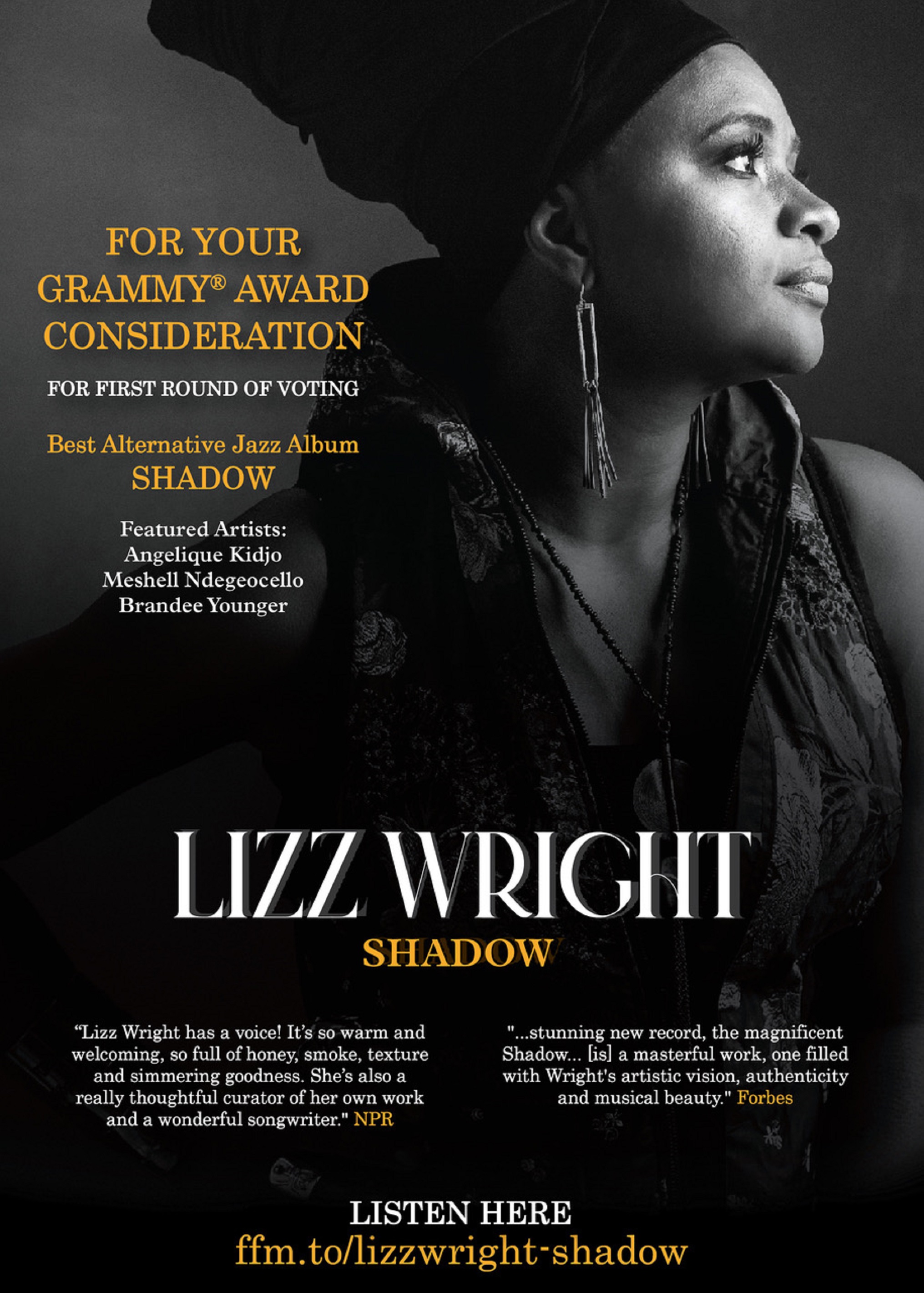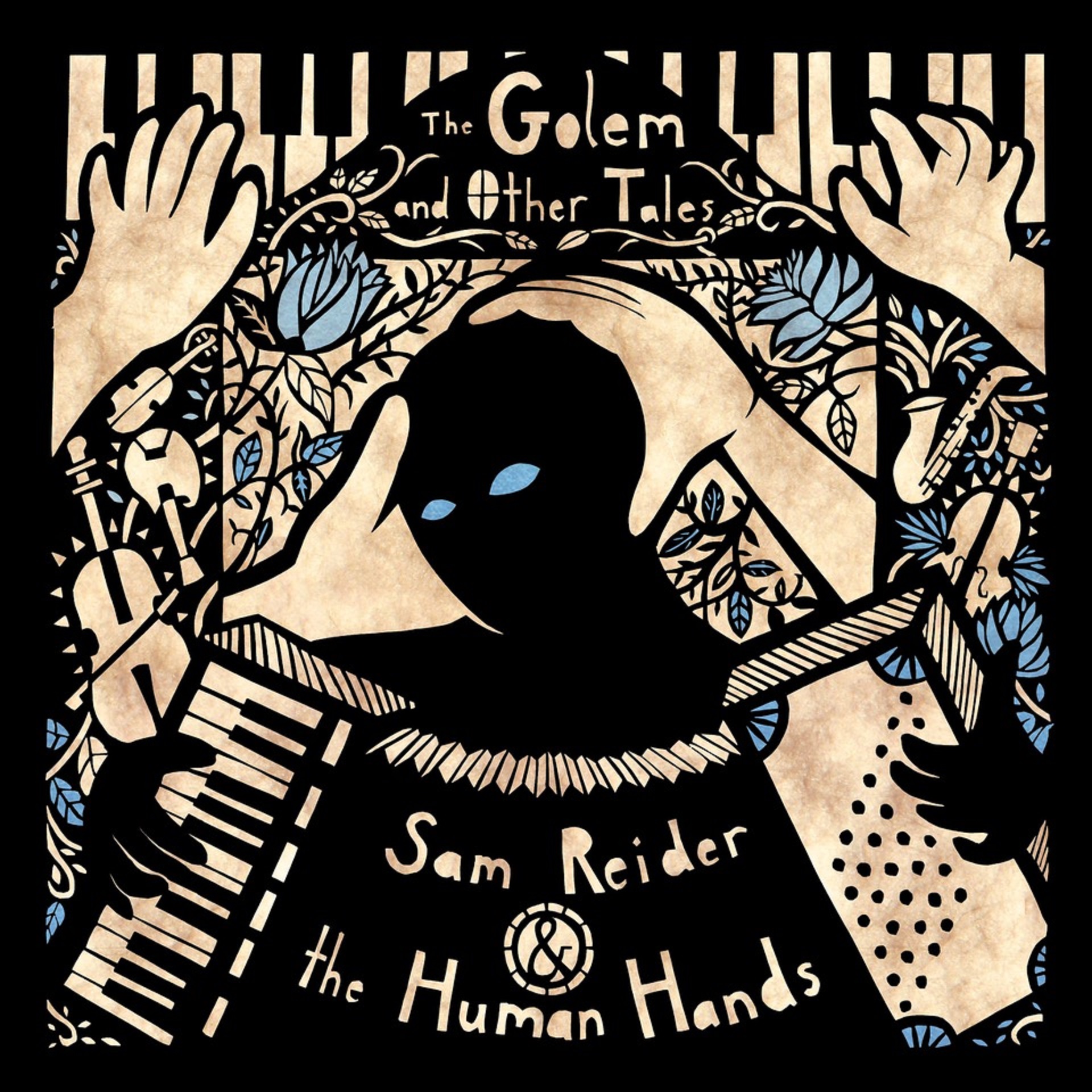Erin Chapin, Caitlin Gowdey and Vanessa May, the dynamic acoustic trio known as the Rainbow Girls, have already emerged as a much-loved live act on their California home turf, having performed in such legendary venues as the Fillmore, the Troubadour and the Great American Music Hall, as well as appearing at notable festivals including Live Oak, High Sierra, Joshua Tree Music Festival, and the digital detox getaway, Camp Grounded. In addition to other select cities across the country, New Orleans has also been graced by their music with an extended musical sojourn to the Crescent City. In September 2017, Rainbow Girls travel overseas for an expansive tour of England.
Based in the coastal town of Bodega Bay in Northern California (previously best known as the location of Alfred Hitchcock's The Birds), Rainbow Girls embody both an infectious collaborative spirit and a deeply felt sense of compassion.
Rainbow Girls' discerning sensibility in regards to living in America in 2017 is acutely reflected in the powerful image of a deconstructed American flag, handmade by the group members, that's featured on the cover of their impassioned debut album as a trio, American Dream (formerly performing as both a quartet and quintet, the group has released two albums: Perceptronium was produced with the quartet; The Sound of Light with the quintet). The same inquisitive nature courses through the album's 10 indie-folk original compositions, all of which the Rainbow Girls designated with individual hashtags to inspire dialogue amongst their fans. American Dream is set for national release on Wednesday, November 8, 2017, exactly one year from the 2016 presidential election.
Standout songs "American Dream" (#TheLandSong) and "Can We Keep This Love Alive" (#Yes) explore some of the fundamental contradictions of the Rainbow Girls' homeland, while "Something I've Been Meaning to Say" (#UnionpartII) and "Do Not Go Gentle" (#IntoThatDarkNight) address the challenge of personal priorities and emotional growth. Elsewhere on the album, "The Folksinger's Contract" (#Vanlife) examines the ramifications of the artists' unconventional lifestyle choices, while "Cameron Sterling" (#BlackLivesMatter) and "Song for Standing Rock" (#Resist) confront the human cost of social injustice.
Discussing the album's title song as well as the evocative cover image, Caitlin Gowdey explains, "I was playing with this symbol, as an idea of strength, as I was writing the song. It was cathartic, ripping up this symbol and putting it back together in a different, deconstructed form. And now that we've put it back together, it's beautiful, it's intentionally torn and ragged. It's about America's ability to be creative and great, which seems really important to remember right now due to what's happening in the country."
"We've calling the album American Dream because the American dream is a thing that's been proven time and time again to be a fantasy," adds Erin Chapin. "The ideal of the American dream is this paradise that you achieve after you reach some sort of finish line. But what we're learning is that you need to find the paradise in the small moments, and find the 'dream' in your everyday truth. We often separate ourselves from our dreams, by choice and design, and we don't have to do that."
Erin Chapin, Caitlin Gowdey, and Vanessa May originally met while in school at the University of California Santa Barbara. The band formed in their living room at a popular, yet underground open mic night known as "Bean Night," which they hosted in their cooperative house every Monday night for more than two years. They began performing together at the open mic before evolving into a busking band and using their street performance as a means to travel all over Europe the following summer. Upon their return, they found a drummer to allow them to graduate from full-time street performers and help realize their desire to play fully electric. For the next four years, Rainbow Girls toured Europe and the U.S. as a rock n' roll band, before returning to their original acoustic configuration in 2016 and embarking on a perpetual house concert tour.
Self describing their music as being like "a gang of sweet angels punching you in the heart," Rainbow Girls have settled into the laid-back environs of Bodega Bay located an hour north of San Francisco, where they have lived together since 2013. Inspiration for new material is not difficult to come by with all three of their lives being so intertwined personally and musically. Spontaneously scribed material quickly becomes band repertiore when sultry vocal melodies pierce through the walls of their collective home.
"It's really like one voice," Vanessa May says of the Rainbow Girls' distinctive vocal chemistry. "Every song we sing belongs to all three of us. And, our music is a reminder to people that they're not alone, that there is someone else out there who's feeling what theyre feeling."
Indeed, American Dream makes it clear that the Rainbow Girls approach their music with an unmistakable intensity and a sense of purpose that will not be denied. With just a year in the making, the newly configured trio has made impressive strides gracing stages with the likes of Gregory Alan Isakov, Josiah Johnson (The Head and The Heart), John Craigie, The Brothers Comatose, and many other artists. Rainbow Girls are on target to perform upwards of 100 concerts in 2017, filling mainstay venues like Hotel Café (Los Angeles) and countless others with light and joy.
American Dream concludes with "Can We Keep This Love Alive," an ethos that permeates throughout the album as a whole. Erin Chapin notes, "Love for yourself, love for someone else, love within this culture, love within our lives, are all so essential. A huge reason why we're artists is the chance to affect people in finding harmony in their own lives. Our music often poses questions inwardly and outwardly, and rarely has a definitive ending or answer. We leave it to the listener to design their own observations, we just want them to know there's a loving community here for them. Our vehicle to express that is through the power of song."






















